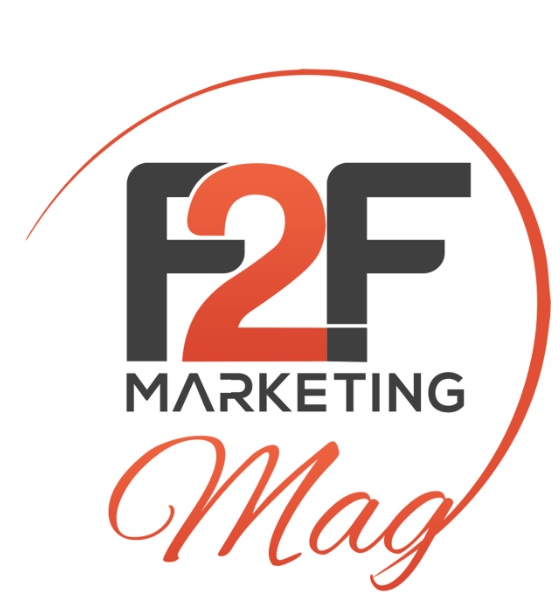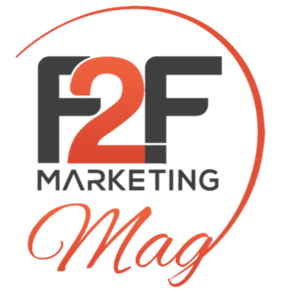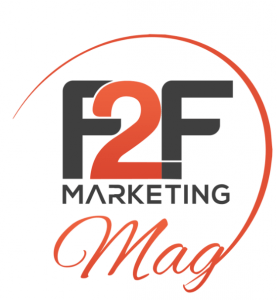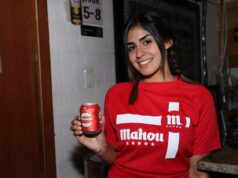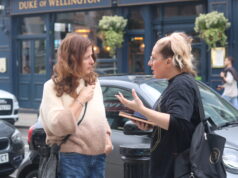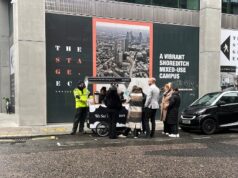

What do these things have in common: pop-up bars, traveling buses, conventions, trade-shows, and seminars?
Thank you for reading this post, don't forget to subscribe!They are all valuable experiential marketing events that are catered to build brand awareness and interactive engagement. They’re social media worthy, provide the opportunity to network, and combine most – if not all – of the five senses. A stimulating positive sentiment is behind brand loyalty and the dollars behind experiential marketing events drives this point home (as does the ROI).
| Tip: Learn more about the importance and benefits of event marketing. |
This list of statistics paints a picture into the industry, the trends, and what to know if you are directly impacted by experiential event marketing. Feel free to skip ahead to:
- Top event marketing statistics
- Marketing software
- Budget and trend statistics
- Attendee statistics
- Planning statistics
- Future predictions
1. Top experiential marketing event statistics
- 93% of event marketers say their company prioritizes hosting events (The Event Marketing Evolution, 2018).
- 95% of marketers think that live events give the opportunity to form in-person connections (Endless, 2017).
- 77% of marketers use experiential marketing as a core part of their advertising strategy (EventTrack, 2016).
- 31% of marketers believe live events are the most effective marketing strategy over email marketing, content marketing, and digital advertising (Bizzabo Blog, 2018).
- The most common hosted events are one-day conferences or seminars, product trainings, thought-leadership workshops, and VIP breakfast/lunches/dinners (The Event Marketing Evolution, 2018).
- The most common sponsored events are one-day conferences or seminars, industry trade shows/conventions, business or channel partner events, and multi-day conferences (The Event Marketing Evolution, 2018).
- Email marketing is the most effective marketing channel for promoting events with 33% of marketers choosing this over social media, direct mail, and print or online advertising (Statista, 2018).
- 60% of marketers agree that extending beyond the live experience of an event is imperative to the success of their strategy (AgencyEA, 2019).
2.Experiential Marketing Software Statistics
- The event management software industry is valued at $28 billion (Bizzabo Blog, 2018).
- 86% of event marketers believe that technology has a major positive impact on event marketing success (Aventri, 2019).
- 68% of app developers surveyed said that demand in the event app space has increased since 2018 (EventMB, 2019).
- 40% of event technology adopters say the number one benefit is an improved ability to track and measure events (Statista, 2018).
- Only 23% of respondents said they know how to track ROI of event investment (The Event Marketing Evolution, 2018).
- Event technology can help increase event attendance by 20% (SlideShare, 2016).
- 89% of marketers found that event management software helped them manage their staff (G2).
| Tip: Streamline the process of hosting your events, conferences, or trade-shows with tools that help you manage marketing, attendee registration, and more. See the Easiest-to-Use Event Management Software → |
3.Experiential marketing budgets and trends
- B2B events account for $512 billion in annual spend (Bizzabo Blog, 2018).
- 65% of brands say that events and experiential programs are directly related to sales (EventMarketer, 2019).
- 52% of respondents say event marketing drives more business value than other marketing channels (The Event Marketing Evolution, 2018).
- Over 50% of companies allocate 20% or more of their marketing budgets on organizing events (Bizzabo Blog, 2018).
- The leading reason B2B companies run events is for lead generation and sales. For B2C companies, that reason is community building (Statista, 2018).
- Both hosted events and event sponsorship increase revenue growth by over 30% (The Event Marketing Evolution, 2018).
4.Experiential marketing attendee statistics
- 86% of respondents believe that attendee satisfaction is the best gauge for event success (Aventri, 2019).
- 75% of surveyed attendees said that networking and making connections was important to them (AgencyEA, 2019).
- 74% of respondents say that they are more likely to purchase products that are promoted at live event (EventTrack, 2016).
- 70% of users become regular customers after finding a brand at an experiential marketing event (Aventri, 2019).
- 66% of attendees learn about events worldwide via recommendations from friends and acquaintances (Statista, 2018).
- 52% of attendees use event apps to: search session information, research sessions of interest, look up rooms, and create schedules (EventMB, 2019).
5.Experiential marketing planning statistics
- B2B companies spend an average of 5-8 weeks planning an event (Hubspot, 2011).
- 60-70% of the most common event features are engagement and interactivity focused (EventMB, 2019).
- Event apps, photobooths, and livestreaming tools are the top technologies used by event planners (Splash, 2018).
- Nearly 50% of marketers agree that their biggest event challenge is getting people to respond to invites (Hubspot, 2011).
- 46% of event marketers agree that curating content for and building event agenda in the most time consuming in event planning (Bizzabo Blog, 2018).
- Over 46% of event organizers plan seminars and workshops (EventMB, 2019).
- Between 2017 and 2018, 17% more companies organized 20 or more events per year (Bizzabo Blog, 2018).
- Over 50% of respondents are either satisfied or very satisfied with their event strategy and results (MarketingCharts, 2015).
6.Experiential marketing future predictions statistics
- 87% of C-Suite executives believe in the power of live events and plan on investing more into them (Bizzabo Blog, 2018).
- 63% of marketers plan on increasing the number of events they organize (Bizzabo Blog, 2018).
- 40% of respondents say they’ll spend more on hosting events in the year ahead (Statista, 2018).
- In the next 3 to 5 years, CMOs are expecting to allocate 21-50% of the marketing budget to experiential marketing (Freeman, 2017).
Look out for the next generation of marketers
Millennials and Generation Z are stepping into the world of business and commerce, and traditional forms of marketing are getting a makeover. Face-to-face interactions between brands and their audience can create value that other marketing strategies cannot. There is no doubt of the power that live events hold or the unstoppable growth of its trend.
One thing to know for sure is that it is here to stay.
